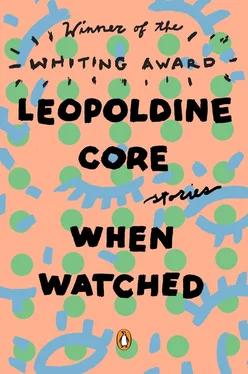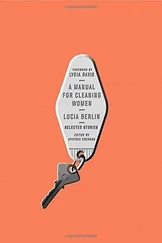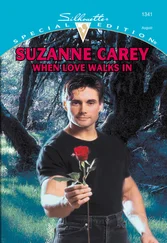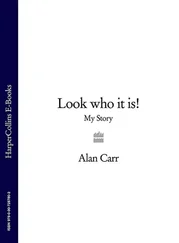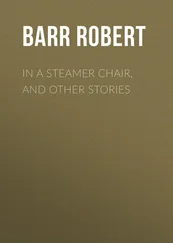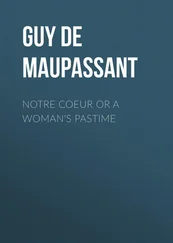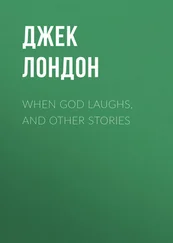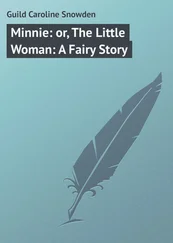“You have the face of a fanatic, you know that.”
“I do know that.” Laurel took a long smug drag, reacquainting herself with the exquisite distance just past Dawn’s ear. “And people could also see each other’s hitch,” she said, tapping a long column of ashes into the crowded ashtray. “You could see the sex that spawned celebrities. Even Hitler. They’d figure out how. And eventually you’d pay to get yours blocked.”
Dawn glanced at her phone. “Shit,” she said. “I have to go.”
“Oh come on ,” Laurel whined, clearly hurt to be abandoned mid-epiphany.
“I’ll be late!”
“You’re always hurrying somewhere awful.”
“I completely agree.”
“Are you really gonna go share a meal with that fucker?”
“I have to talk to him.”
“About what?”
“You know.”
Laurel nodded. A long plume of smoke exited her mouth. “What exactly did he say the last time you asked to meet them?”
“He’s never given me a straight answer. Once he said he’d think about it.” Dawn drained the Batman mug. “He obviously doesn’t want me to meet them.”
Laurel nodded. “Okay. Just…” She stubbed her cigarette out, wedging it in with all the rest. “Just don’t be too nice to him.” She fingered a fresh cigarette from her pack. “You’re too goddamn nice.”
• • •
Dawn’s dad sat at a square wood table in a sushi restaurant, the light of a white paper lantern cast over him. His smile was purely muscular as he waved to her. It lacked the radiant tones of love. Not because he didn’t love her, Dawn decided as she walked toward him. But because his love lived somewhere underground, like a deformed animal raised in pitch darkness — tortured. What was done to you? she wondered.
“Hello,” he said.
“Hi,” she said, unwinding her nubby black scarf. Her eyes were glassy, her cheeks and nose very pink. Panting slightly, she hung her coat over the back of the chair and sat down.
Dawn had enjoyed being drunk on the walk over, but now, sitting across from her father, she had to strain to keep his face from swirling. “How are you?” she asked, mopping her neck with her sleeve.
“My feet are killing me,” he said. “I have bruises on my soles. They won’t heal cause I can’t afford to take off work.” He eyed her response and she was careful not to give one.
“For them to heal I can’t be standing all fucking day,” he clarified.
“That’s horrible,” she said flatly. Her father always opened with an illustration of his poverty. It was to Dawn’s mind a method of discouraging any requests for money, which angered her. She wondered if his feet really hurt and decided that they probably did. But the story still stank of cowardice. “My feet hurt all the time,” she said after a moment of silence. “I wonder if I get that from you.”
This suggestion of their totemic connectedness seemed to alarm him. “I don’t think so,” he commented. “They never hurt when I was younger.”
“My feet kill . I have a new job. I’m standing all day,” she said.
“Well I’m sorry.”
The waitress appeared and they each ordered without having looked at the menu. He ordered only an Asahi beer. She ordered three different sushi rolls, suddenly ravenous and desperate to sponge up some of the circulating booze in her gut.
They exchanged more information about the parts of their bodies that hurt. His upper back, her lower back. His knee, her molar. By the end of the list they both sat blazing with self-pity.
Using her fingers, Dawn smeared wasabi over her tuna roll, then squeezed lemon over it. She loaded one into her mouth and swallowed after only a few chews. “I’m still working on the collection of stories,” she said, knowing full well he wouldn’t have asked. “It’s coming along really well.”
“That’s good,” he said absently, staring past her shoulder at a woman coming through the door. “Have you read Moby-Dick ?”
“No. You’ve asked me before and I said the same—”
“Talk about a good book,” he said. “ That’s what you should be reading.”
She looked at his nose. There was a tiny black hair sprouting from the tip of it. “I want to meet your family,” she said.
For an instant he looked frightened and it made him look younger. Then he turned back to stone.
“I can’t believe I’m saying this again. I mean… I’m embarrassed. ” She looked down at her food. “And I don’t want to hate you.” She fixed her eyes on him and they stared at each other for what felt like minutes.
“I’m really not in touch with any of my brothers,” he said finally, severing eye contact. “I wouldn’t even know how to call them.”
“That isn’t true…” She folded her arms and began shaking her head. “You’re lying to me!”
Everyone in the restaurant turned and stared.
“Calm down,” he whispered sharply, nervously, like a criminal.
Dawn didn’t calm down but she fell silent. She stood up and put her coat on.
“What are you doing?” He looked astonished. “Hey, now hold on.”
The moon was low and yellow and Dawn walked without looking back, salt crunching under her boots. She ran through a red light and a taxi almost killed her. The driver stopped the car and yelled “Moron!” but Dawn kept running. She passed snowy rows of roped-up Christmas trees, wreathes with gold bells and fat red ribbons and Santa heads glued on. The woman selling trees appeared suddenly in her black hat and Dawn leapt away with a scream. She skidded on some ice, toppling forward onto her hands and knees. The fall was so shocking that she remained dog-like for a long moment before raising herself up.
“Are you alright?” the woman in the black hat asked.
Dawn didn’t dare look at her. “I’m fine,” she said, almost meanly, sinking her injured hands into her pockets. She walked off with tears in her eyes, burping up fish and whiskey all the way home.
• • •
Laurel was on the sofa reading, a blue granny-square blanket over her legs. She threw it off the instant Dawn appeared. “What happened?”
“I really don’t want to talk about it.”
“Oh he’s a fool ,” Laurel said, dashing over. “The only thing he got right was you.” She held Dawn tightly. “And he doesn’t know it. He can’t bear to know it.”
“I’m just tired of caring,” Dawn croaked. “I mean why do I care so much? Is this the human condition?”
“For some people.” Laurel grinned. “And then there are the people who just kill people. They care about other things.”
Dawn laughed a little. “I have to lie down,” she said, resuming her pained, vacuous expression.
“Okay.” Laurel hesitated. “Do you wanna sleep in my room?”
“No. I’ll be fine.”
Dawn forced herself to drink a full glass of water and went to bed, where she lay watching the room pulse and felt she might puke. But the burpy, seafaring feeling soon morphed to one of complete paralysis. Dawn was nailed down, her mind pouring with cartoons.
Laurel stepped in to turn the light off. When she shut the door, Dawn woke with a jerk. She stared into the darkness and a swell of noises built up around her, rock music and an ambient collision of voices. She thought it was the neighbors but when she closed her eyes, she realized the noises were coming from inside her head. And she saw something: a darkened room full of people. It was a bar, she realized. Everyone was talking or dancing, a dim red light pressing down on them.
They were only vague shapes, a whole swarm of them. When Dawn focused on a single face, it moved away too quickly — ecstatically — to the beat. It was almost frightening, their thumping joy. Everyone was moving. Everyone was out of focus. Everyone but Dawn’s parents. And in that moment she knew. Even before her mother spotted her father in the crowd, she knew she was watching the night of her conception.
Читать дальше
